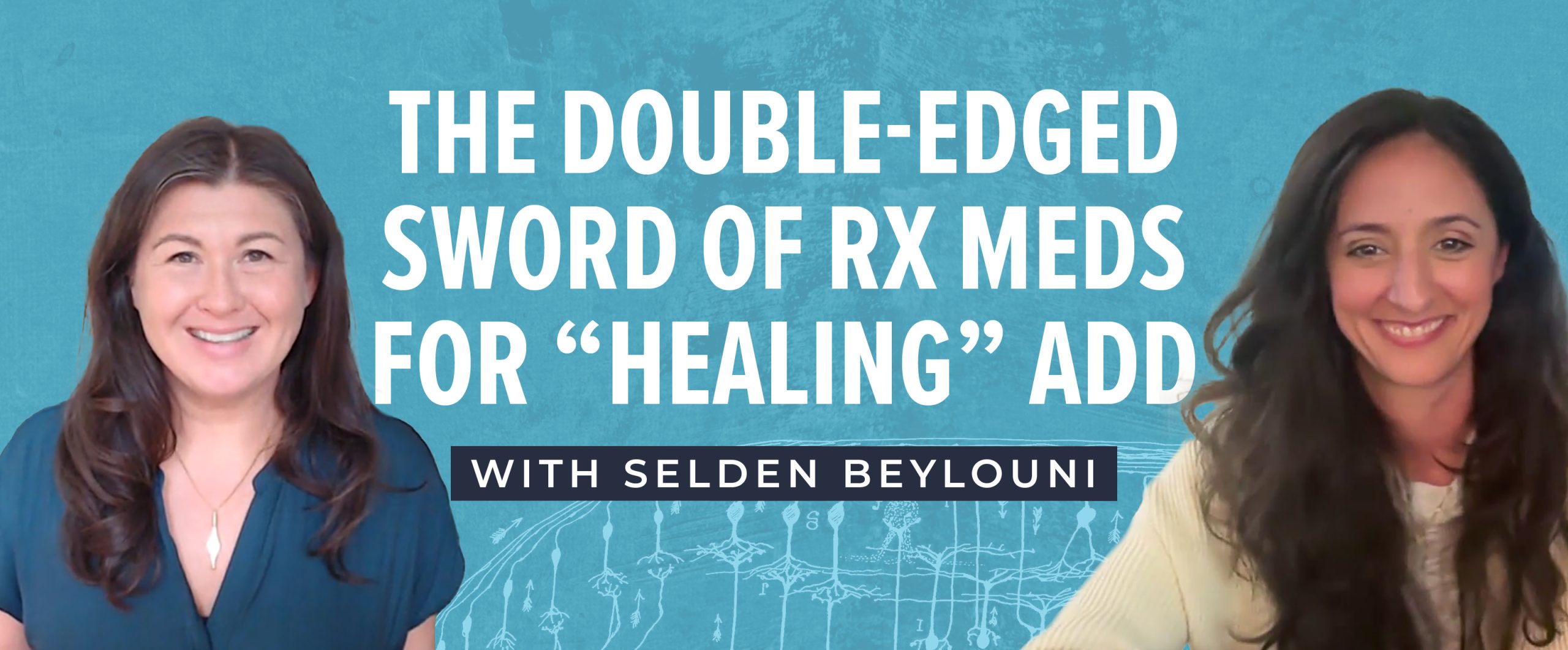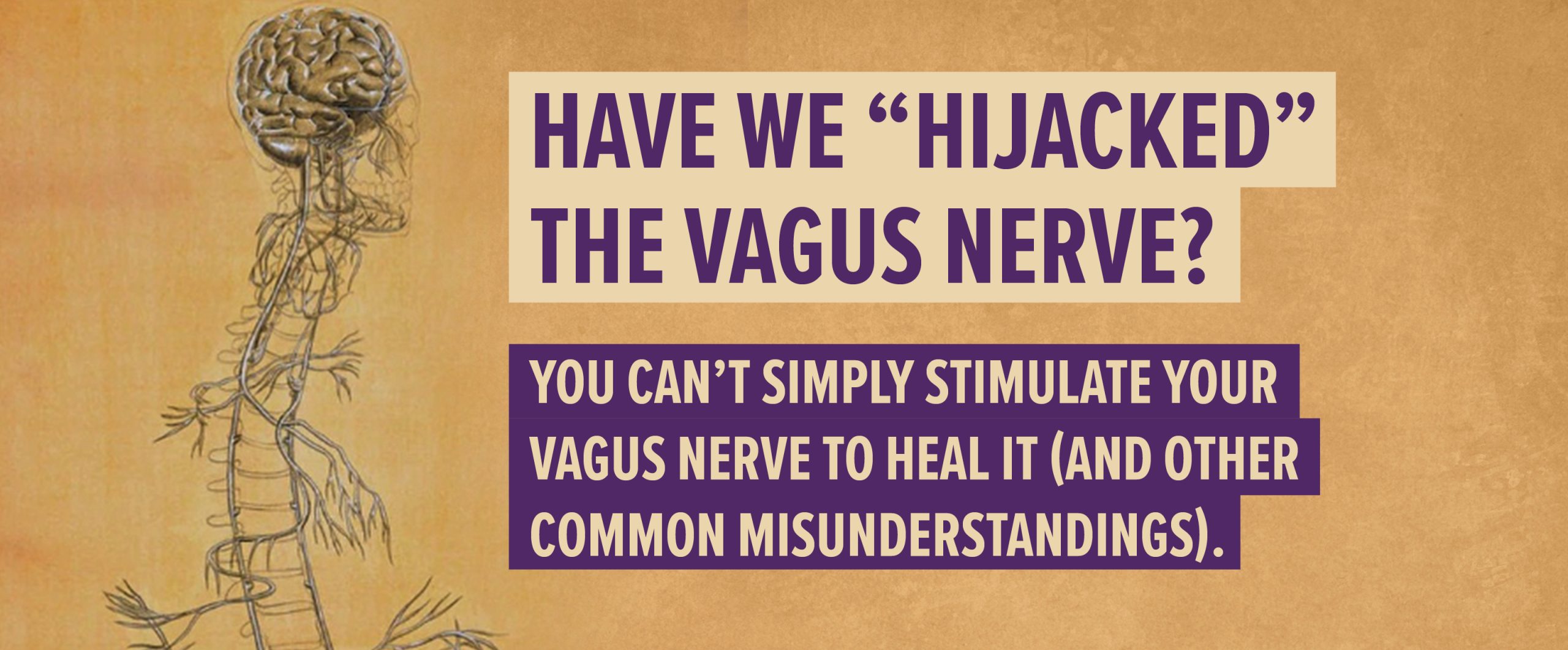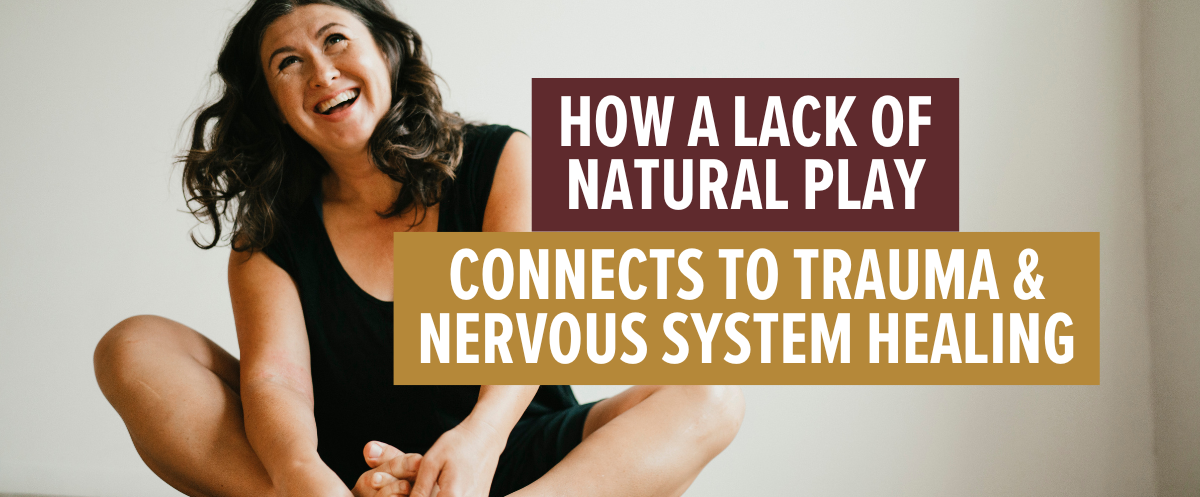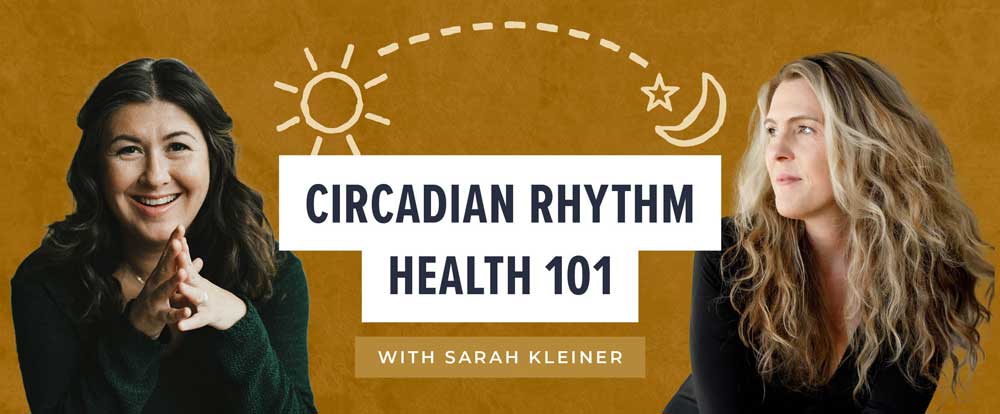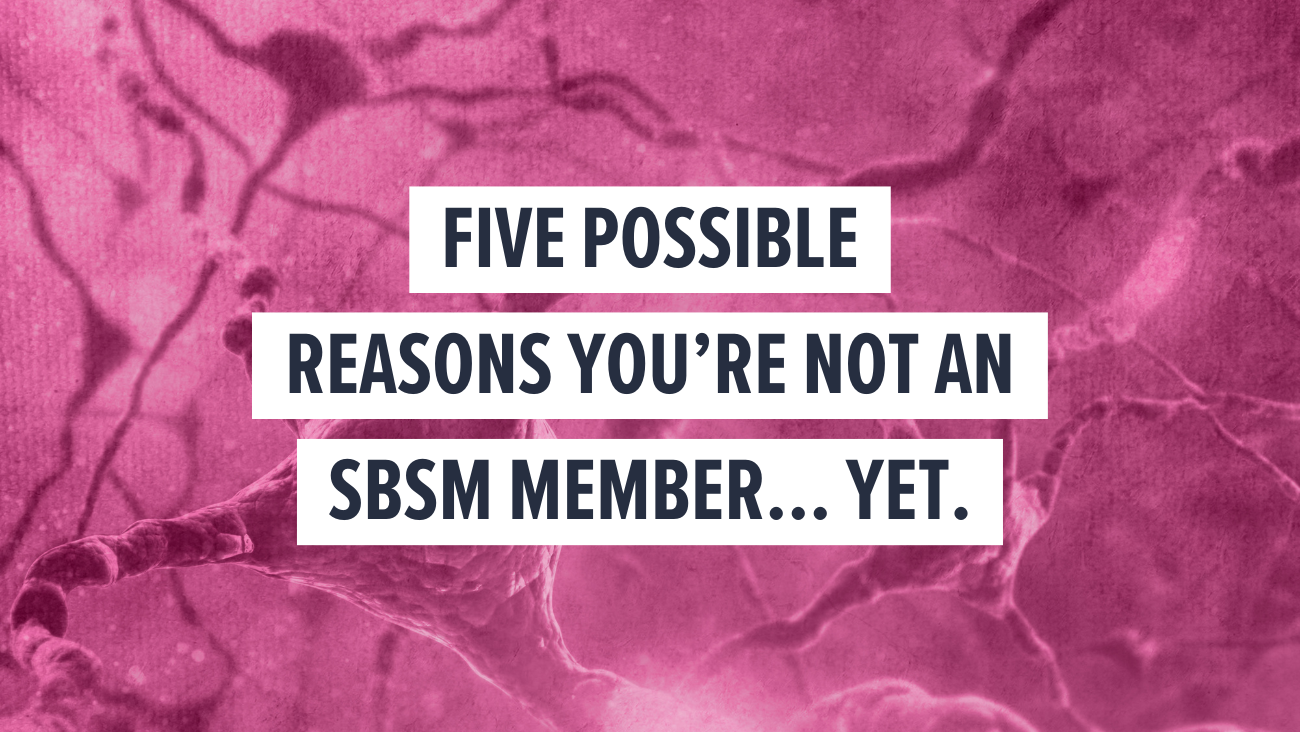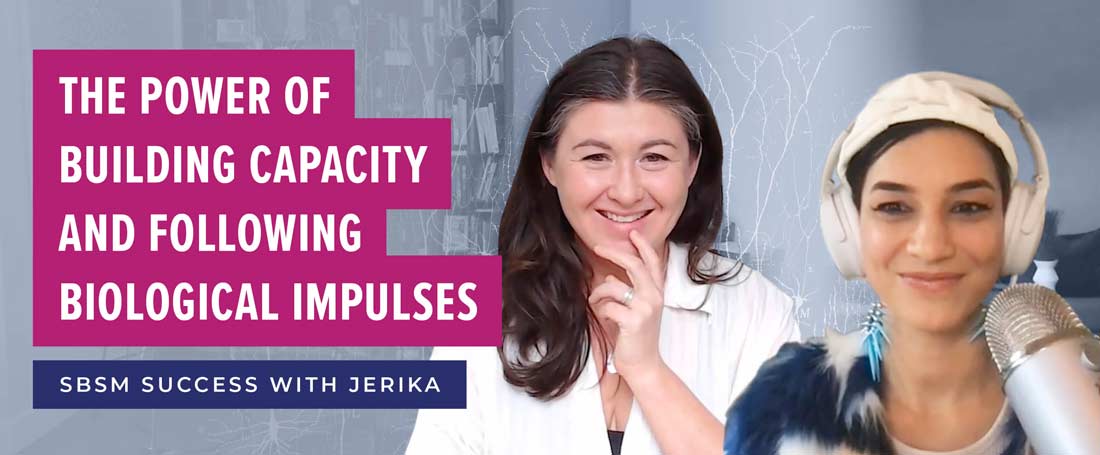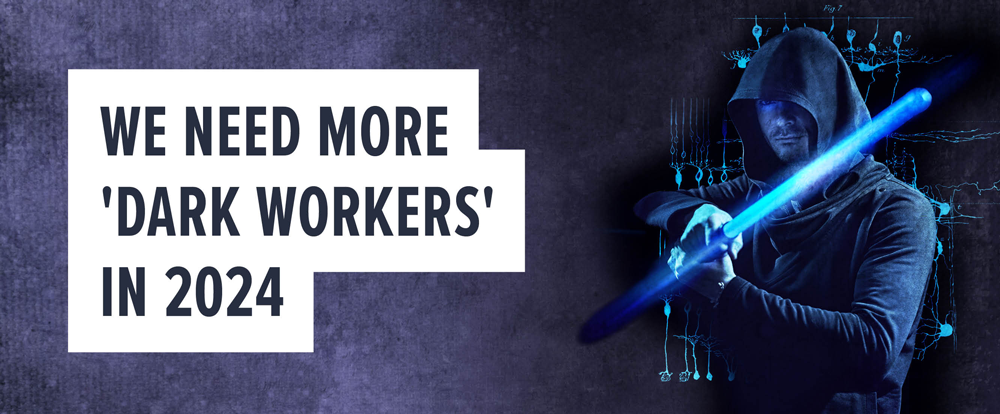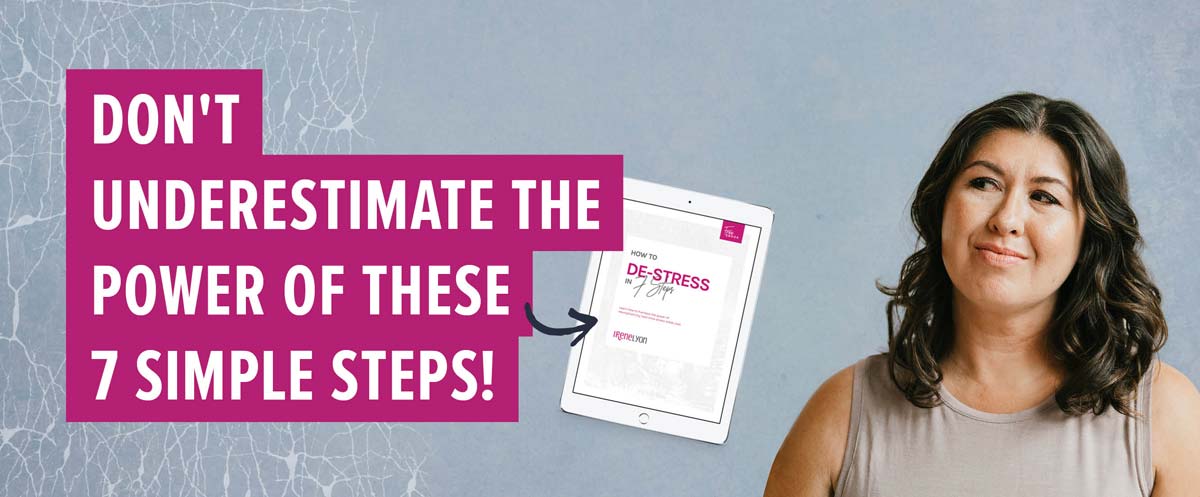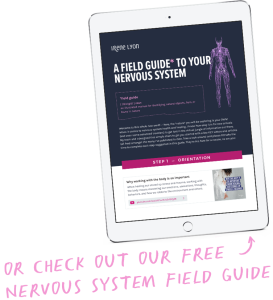Think about the dentist for a moment.
Depending on the history of your teeth, the dentist can be an ‘OK’ experience, or it simply sucks. I’m one of those people who people hate. I never floss, I only brush my teeth before going to bed, I eat sugar, and I’ve NEVER had a cavity. But, just because I’ve had healthy teeth and gums doesn’t mean I don’t go twice a year. I get the little postcard in my mailbox and I call up and make an appointment. Even if I’ve had no pains in my mouth, I still go, and I go for two reason: 1) I want to maintain this 100% track record of NO dentals problems 2) If there is something in my mouth that could potentially be problematic, Dr. Ng (he’s been my dentist since I was 5) sees it. Luckily, we’ve never had to do more than a clean and polish. There are folk who know, all too well the steps of getting a filing and/or ‘other nasty stuff’ that goes on in a dentist’s office.
You see where I’m going here?
We tend to, with our physical bodies, and aches and pains, and even our emotional ones, “wait” until something hurts to get help. We treat our spines, hips and psyches very differently than our teeth.
I asked above,
When is the best time to see a practitioner or go to a class? My answer would be this:
Before things go bad.
When you are feeling good, which is the hardest time to justify spending the dollars on your health. I know this is hard to stomach, but it is really what I recommend, as there may be a movement pattern, or missing piece of movement that you are not conscious of not having, and over time, this small lack of movement (let’s say in your lower back-pelvis junction) could be the seed that triggers back pain in the future.
{I use this example as it is one of the most common reasons for people coming to class to seeing me privately}.
Then, there are the more common reasons for seeking help:
When something has already gone wrong.
This is the reason why most people come to Feldenkrais, and that is totally okay.
In many instances, most from my experience in private practice, things improve, things heal.
Here’s the clincher though: at the first sign of “no pain” people stop coming, they stop going to class, and this is where I wish I could say, “But think about how you’d visit the dentist – do you stop getting check-ups just because everything is ok?” Of course, this is matter of personal preference, and each to his own.
Which side are you on?
Do you think you might consider shifting your habits of ‘getting help’ to before the storm of troubles arrive, as opposed to after?
I’ll encourage you to consider the “BEFORE.”
I’ve worked with older clients who have left things WAY too late and I can only help them find better ways to navigate their arthritic and degenerated spines and hips and knees. I’ve also worked with young ones who had one little ache in their low back. The older client will always have some pain and dysfunction, the younger one will only need one session to clear up the little movement issues that was causing strain in her low back. You choose. (this by the way, is a true story!)
//
Irene. (now sitting in Gastown on a gloomy wednesday night).


